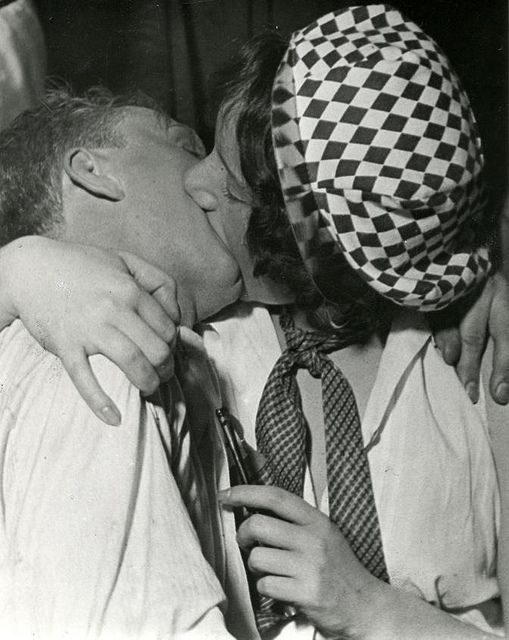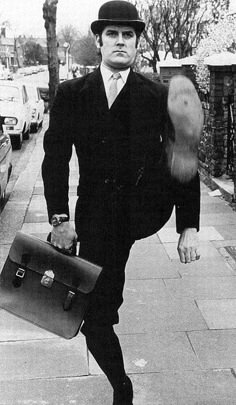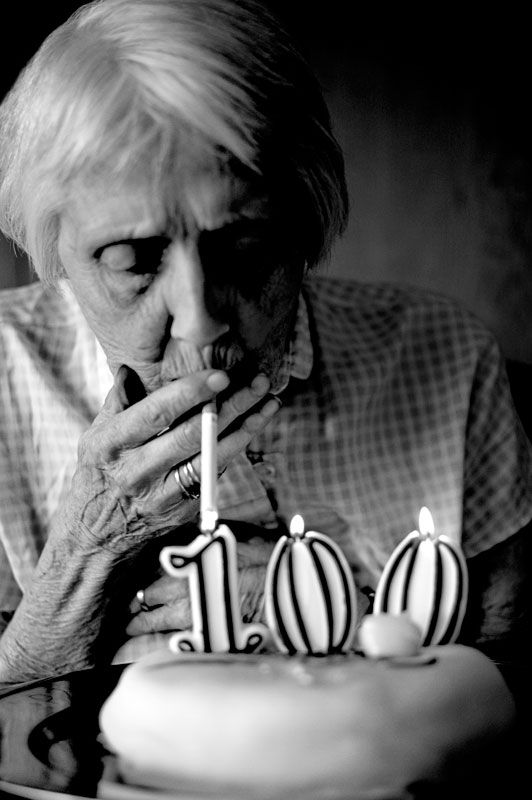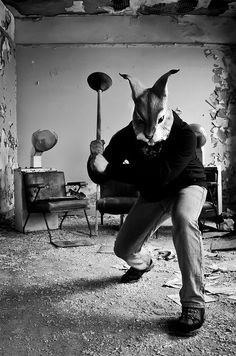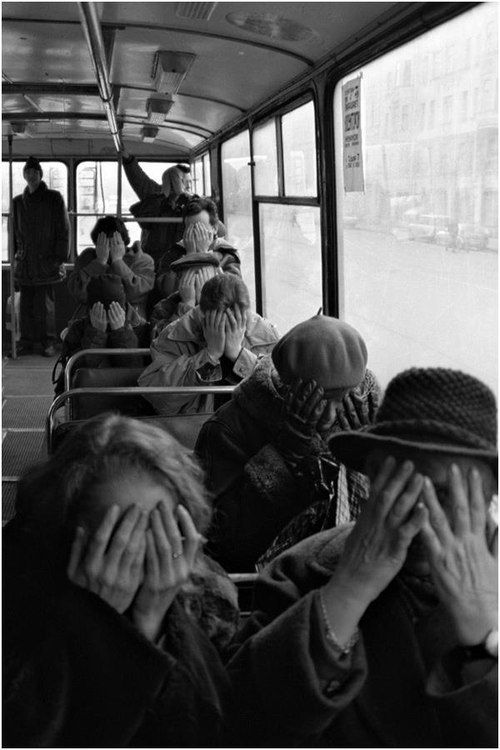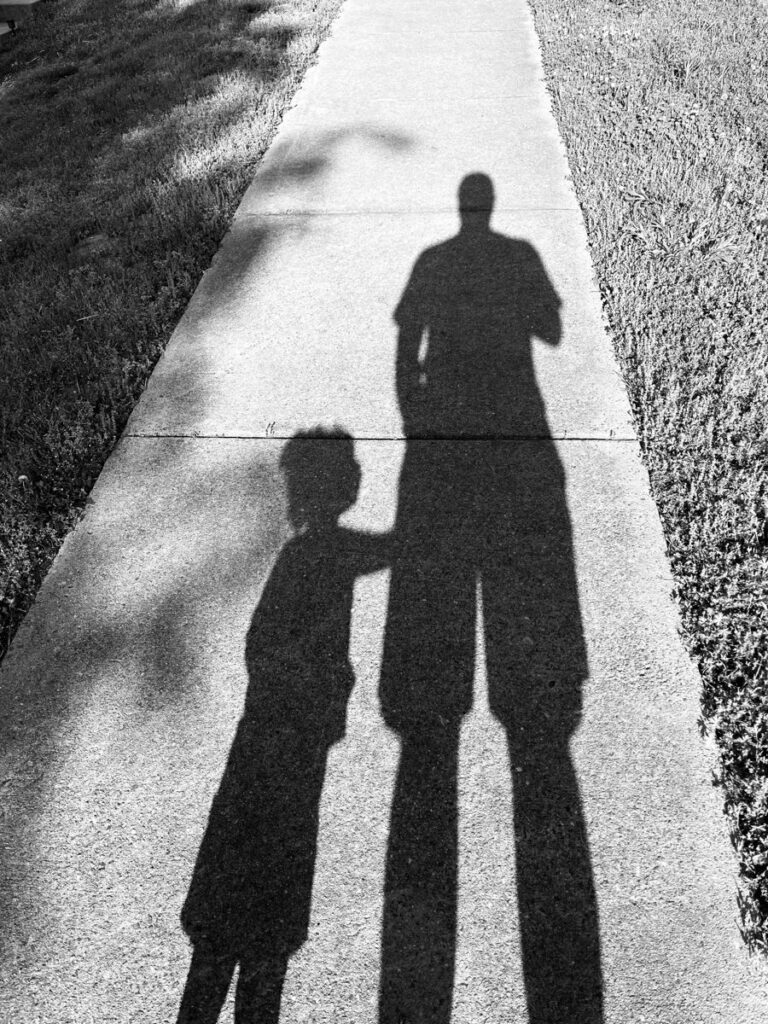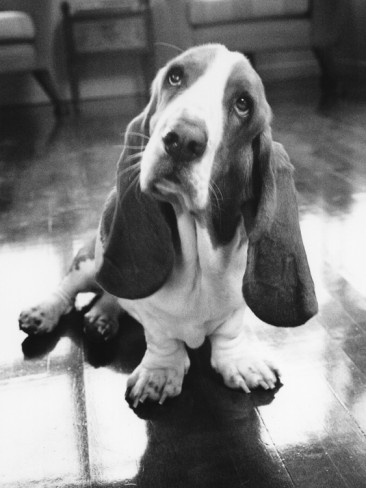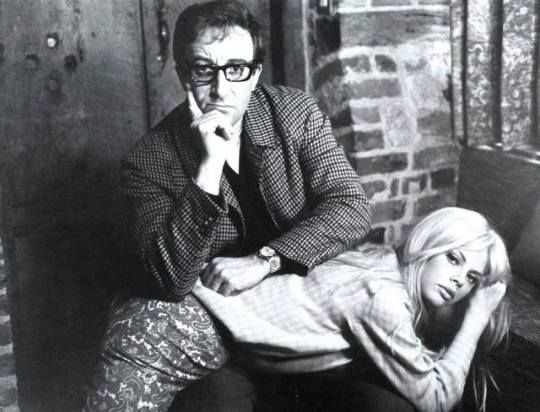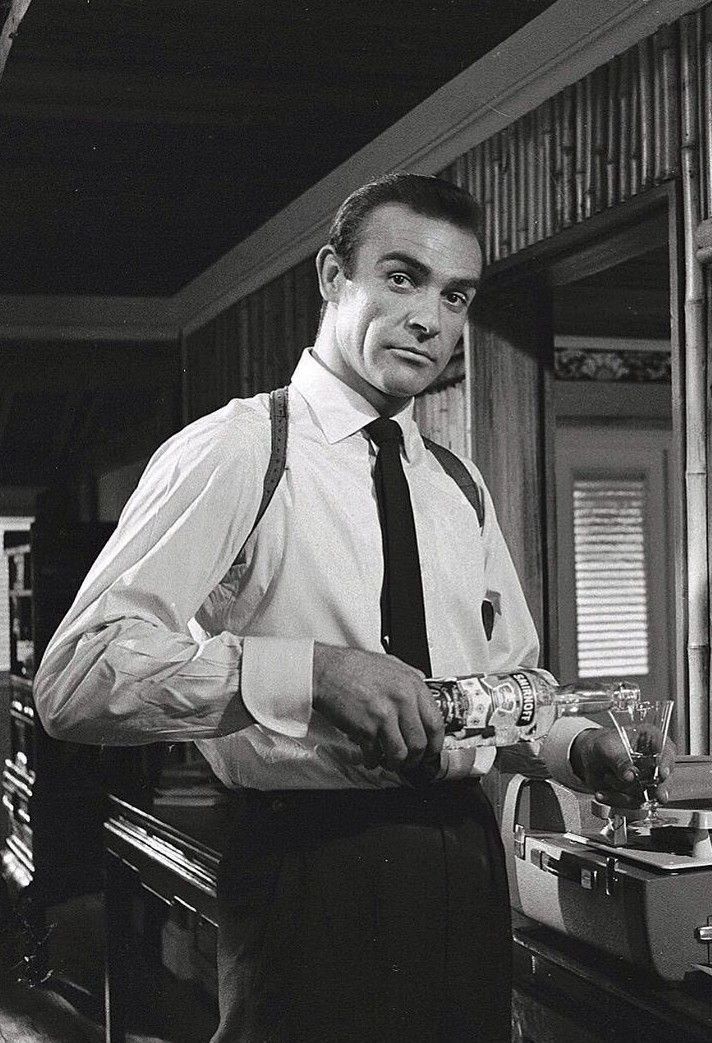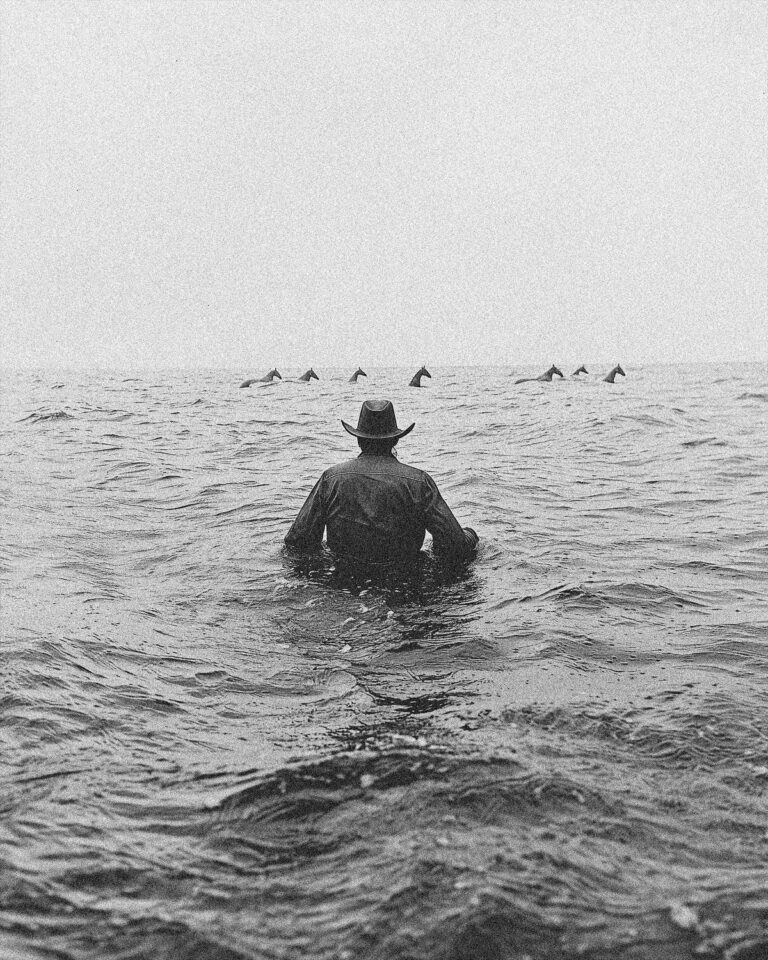I walked into marriage like a man clocking in for a long shift—thinking if I didn’t cheat, didn’t hit her, and brought home enough bacon, I’d bought myself a lifetime contract. Figured that was the formula: be decent, be loyal, provide.
So I showed up. Every damn day.
“Good morning, love.” “Yes, dear.”
Kept my head down, played the part. Protector. Provider. Father. Gave her the stage while I held up the scaffolding. I figured if I just flooded her world with enough comfort—vacations, the ranch, the parties, hell, even eighteen grand a month to fuel the stay-at-home dream—she’d look around and say, “This is good. This is enough.”
But she never did.
She didn’t cook. Didn’t clean. Didn’t have to punch a clock. And I never asked her to. I just kept giving. Thinking maybe this time, it’d click. Maybe this time, she’d stop staring out the window looking for more.
But here’s the kicker: It was never enough. And it never would be.
I didn’t yell. Didn’t raise a hand. Didn’t cheat. Didn’t give her a damn reason to doubt the man sleeping next to her. I kept the lights on. Kept the wheels greased. Paid the bills. Paid for her car, her pills, her wine-soaked weekends with friends who didn’t know the first thing about love or loyalty.
I built that life—brick by brick—with my hands and my time and whatever was left of my sanity.
And what did I get back? Silence. Indifference. A cold shoulder colder than a morgue slab.
Every argument wasn’t about solving shit—it was about tearing me down. Weaponized words, lobbed like grenades, meant to hurt, not to heal. She’d save up her ammo, store it in some dark corner of her mind, and unload it when the dishwasher leaked or the trash wasn’t taken out. Stay on topic? Hell no. It was psychological warfare, guerilla-style.
“You’re just like your father.” What the fuck does that have to do with the kitchen sink?
“Your mother hated you too.”
There it was—pull the pin, toss it, walk away.
The woman I married? She was disappearing. What stood in front of me now was a stranger wearing her face, but behind the eyes, something had gone dark. Detached. Mean. And unapologetic. Like she wanted to punish me for still being there.
There comes a point when a man’s gotta look himself in the mirror and ask the hard shit: “When do you give up on someone?” Not out of weakness. Not out of rage. But because you’ve been swinging in the dark so long, you don’t even remember what the hell you’re fighting for.
She said she loved me. Yeah, they always say that. But words are cheap. Like gas station flowers and fake apologies. It’s what they do that matters.
And she? She didn’t do a damn thing but take. She was never in love with me. She was in love with what I could give. What I could pay for. What I could build and hand over like some domesticated Santa Claus. And even then, she couldn’t manage to return the favor. Didn’t lift a finger to be a wife. Just sat back and collected.
Still, I kept going. Doing the “right” thing. The man thing. Providing. Protecting. Pretending.
Moved us to Bend. Dropped a mountain of cash on a brand-new house—no loans, no debt, all mine. You think that earned me a little warmth?
All I got was: “I don’t have to kiss your ass.”
Twenty years of blood and bone, and that was my medal. No thank you. No celebration. Not even a pat on the back from the woman who slept beside me.
Just that cold, cutting sentence. The one that made me realize I was the only one still in the fight.
We lived in silence, her and me. I spent six years in a separate bed, jerking off into a nylon sock because she wasn’t interested. Every night, I’d come home to an empty house, a house I paid for, and a family that wouldn’t arrive until just in time for dinner. She spent her days at Costco, staying as far away from me as she could. And when I asked for a little affection, for some kind of connection, she just looked at me like I was the problem. But the truth was, she had already checked out. I was just too damn blind to see it.
When the counseling came, when the gaslighting finally made sense, I realized how deep the manipulation ran. She’d kept a binder on our kids, on me—every little thing we did wrong, every flaw, every mistake. She’d even called the cops on me a few times, tried to set me up for DUI, telling the police where I was, make and model of my truck and the route I would be driving. And me? I just kept giving, kept thinking that if I did enough, loved enough, that she’d come around. But she didn’t.
She had several emotional affairs with other men. Spent her time with them while I was stuck in the house, no date nights, no vacation plans, no love making or healing. I was the invisible man in my own home.
But you know what? I wasn’t the problem. I performed as a husband women wanted. I was a father children needed. I wasn’t the one who stopped performing the husband and father duties; I wasn’t the one who stopped trying. It was her. And the worst part? I didn’t realize it until it was too late. She’d already decided before the marriage counselor was to peel back her walls. And I had to learn the hard way that when someone shows you who they are, believe them.
I remember the night I finally made the decision to leave. I was at a bar, asking the bartender to toast my first real failure—my marriage. I raised my glass, but before I could drink, a woman came up to me, her scent of jasmine in the air, grabbed my shoulder, and said, “James, I’ve been watching you. You’ve been unhappy for a long time. You just needed a reason to get out. Come spend the night with me.”
And just like that, I realized everything I’d been holding onto wasn’t real. My marriage was dead long before I admitted it. I didn’t need to fix it. I needed to walk away. And that’s exactly what I did.
That was the turning point. That was the moment I gave myself permission to let go. I had spent years trying to fix something that was never meant to be fixed. And you know what? I don’t regret it.
It’s been almost fifteen years since the divorce, and I can say this with full honesty: divorce was the best decision I ever made. I’m happy now. Independently happy. I get to live my life on my own terms. I date who I want, when I want. I get to be with my kids and enjoy my time with them, without the weight of a failed marriage hanging over me. I can be myself now. I can ride my bike, I can travel, I can live without the guilt and the lies. I’m free.
I look back on it all—those twenty years—and I realize I wasn’t the failure. I was the one who tried. She was the one who gave up, the one who mentally declined, and slipped down the path of becoming just like her mother. I just didn’t know it until the very end. I was willing to work, willing to give everything. But she wasn’t. She wasn’t even willing to show up. And in the end, it was her refusal to try that broke us, not me.
So, if you’re in the same place I was, stuck in a relationship where you’re the only one showing up, the only one trying—stop. Stop working for someone else’s love. Stop chasing after a ghost. You can’t fix what’s already broken. Sometimes, the best thing you can do is walk away. Sometimes, the best thing you can do is leave.
And you know what? You’ll be better for it.
Note from the Author
This story isn’t about blame. It’s about reckoning. A slow, soul-choking unraveling that too many men—good men—endure in silence. We grow up thinking if we don’t cheat, don’t hit, and show up every day with a wallet and a work ethic, we’ve done our part. We think love is a transaction: loyalty in, appreciation out. But what they don’t teach us is what to do when that formula fails. When you give everything and it still isn’t enough.
This isn’t a confession. It’s a post-mortem.
For twenty years, I lived inside a marriage where love was conditional—where I was only valued as long as I kept producing. And the day I couldn’t—or wouldn’t—feed the machine anymore, I became invisible. A ghost with a mortgage. A father figure. A punching bag for her unhealed past.
What I discovered—and what this story lays bare—is how easy it is to lose yourself trying to be what someone else wants. How we mistake endurance for love. And how dangerous it is to ignore the quiet signs that you’re dying in plain sight.
If you see yourself in this, I’m not here to tell you what to do. I’m just here to tell you you’re not crazy. You’re not weak. And you’re not alone.
Leaving wasn’t failure. Staying was.
And freedom? It doesn’t come from being needed. It comes from no longer needing to prove your worth to someone who never saw it in the first place.
This story is mine. But I suspect it might be yours too.

